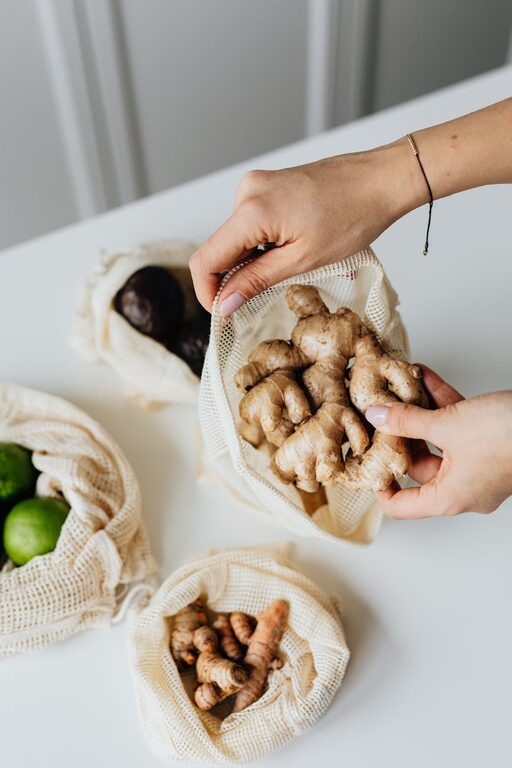Reducing food waste at home is not only good for your wallet but also great for the planet. Every year, tons of edible food end up in the trash, contributing to environmental problems like greenhouse gas emissions and unnecessary resource use. Fortunately, small changes in your daily habits can make a big difference. This post explores practical ways to reduce food waste, helping you save money and live more sustainably.
Why Reducing Food Waste Matters
Before diving into tips, it’s helpful to understand why food waste is a concern. When food is thrown away, all the energy, water, and labor that went into producing it are wasted too. Moreover, decomposing food in landfills produces methane, a potent greenhouse gas. By cutting food waste, we reduce environmental impact and promote a more efficient food system.
—
Plan Your Meals and Shopping
Make a Meal Plan
One of the best ways to avoid buying more food than you need is to plan your meals ahead. Consider your weekly schedule and plan breakfasts, lunches, dinners, and snacks accordingly. Include recipes that use overlapping ingredients so you can buy in bulk and reduce waste.
Create a Detailed Shopping List
Based on your meal plan, list the exact ingredients you need. Stick to this list when shopping to prevent impulse buys that might go unused and spoil. Check your fridge and pantry first—sometimes you already have what you need waiting.
—
Smart Storage Practices
Understand Storage Guidelines
Different foods have different storage needs. For example, some vegetables last longer in the fridge, while others keep better at room temperature. Learning proper storage techniques can prolong freshness and reduce spoilage.
Use Clear Containers
Store leftovers and opened products in transparent containers. This makes it easier to see what you have, so food doesn’t get forgotten at the back of the fridge.
Label and Date Your Food
Use labels or masking tape to note the date when you stored food. This helps you use items in the right order and avoid throwing away forgotten but still edible food.
—
Utilize Leftovers Creatively
Repurpose Leftovers Into New Meals
Instead of tossing leftover vegetables, rice, or meat, integrate them into new dishes. Soups, stir-fries, casseroles, and salads are great ways to transform bits and pieces into tasty meals.
Freeze Extra Portions
If you can’t eat everything before it spoils, freeze leftovers in meal-sized portions. This extends their shelf life and gives you ready-made meals on busy days.
—
Practice Portion Control
Serve Smaller Portions
Start with smaller servings to avoid uneaten food on plates. You can always take seconds if you’re still hungry. This practice reduces plate waste without sacrificing satisfaction.
Encourage Family Participation
If you live with others, involve them in understanding portion sizes. Everyone being mindful helps reduce leftovers that are simply thrown away.
—
Get Creative With Food Nearing Expiry
Use ‘Ugly’ or Imperfect Produce
Don’t discard fruits and vegetables just because they look less fresh or misshapen. These are usually fine to eat and can be turned into smoothies, soups, or baked goods.
Make Broths and Stocks
Vegetable scraps, herb stems, and meat bones can be boiled to make flavorful broths. This not only reduces waste but also adds rich flavor to your cooking.
—
Compost What Can’t Be Saved
Start a Compost Bin
For food scraps that aren’t suitable for eating or saving, composting is an eco-friendly disposal method. Composting turns organic waste into nutrient-rich soil for gardening, reducing landfill contributions.
Learn What to Compost
Avoid composting meat, dairy, and processed foods at home compost bins to prevent pests. Focus on fruit and vegetable peels, coffee grounds, and eggshells.
—
Monitor Your Progress
Keep a Food Waste Diary
Track what you throw away each week to identify patterns and problem areas. This awareness helps you adjust shopping and cooking habits over time.
Set Waste Reduction Goals
Set realistic targets, such as reducing waste by a certain percentage each month. Celebrate your success with small rewards to stay motivated.
—
Final Thoughts
Reducing food waste at home takes some planning and mindfulness but pays off in multiple ways. You’ll save money, enjoy fresher meals, and contribute to a healthier environment. Start with one or two changes today, and gradually build habits that make a lasting difference.
Remember, every small effort counts when it comes to making your kitchen more sustainable!

